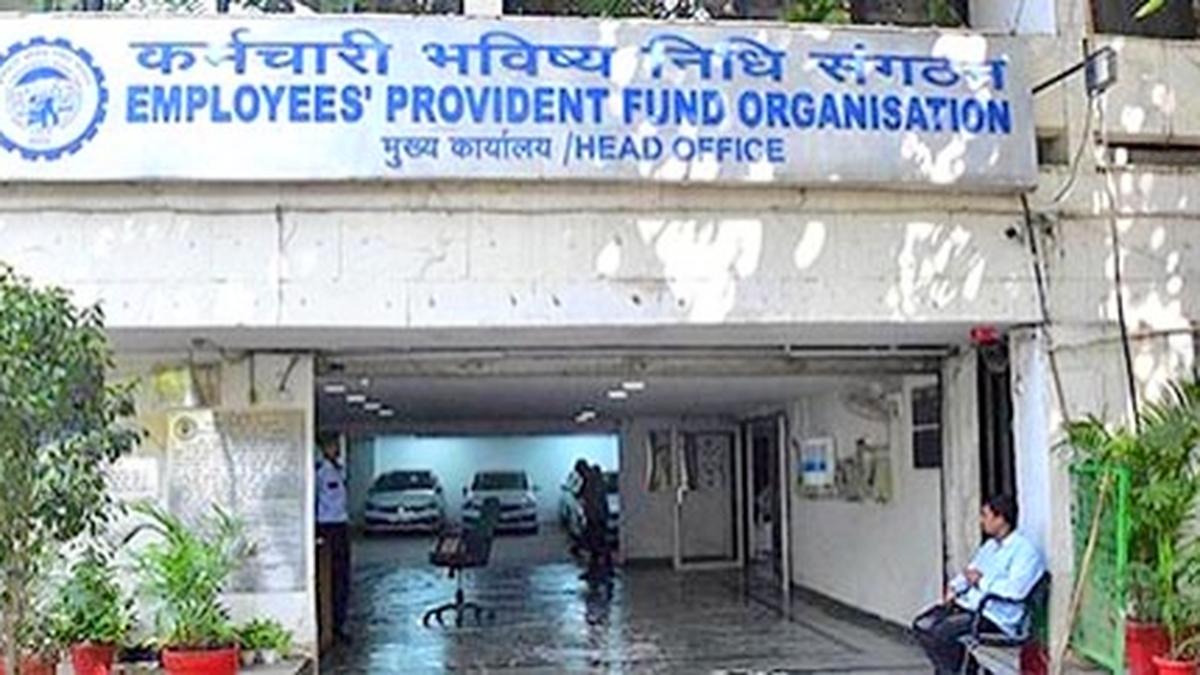The GST Council, at its latest meeting, announced a plethora of disparate decisions. This includes a retrospective amendment to Section 17(5)(d) of the CGST Act, 2017 by replacing the word “plant or machinery” with “plant and machinery”. This amendment was necessitated due to the recent landmark judgment of the Supreme Court in the Safari Retreats case wherein the court held that input tax credit (ITC) can be claimed on plant and machinery that satisfied the test of functionality.
Apart from this, other decisions proposed at the GST meeting were routine — 18 changes in tax rates and exemptions, five proposals for trade facilitation, two measures for streaming compliances, seven amendments to other law and procedures, and four other miscellaneous amendments. Discussions and conclusions on GST on insurance premiums were not made since inputs from the insurance regulator, IRDAI, were awaited.
GST rates on food and food products have always been challenging and controversial. The concept of indoor and outdoor catering under service tax laws, different rates of tax on tender coconut depending on its packaging and the recent episode of GST on cream buns are cases in point. The GST Council has proposed to reduce the GST rate on fortified rice kernel (FRK), classifiable under 1904, to 5 per cent. It also proposed to extend the concessional 5 per cent GST rate on food inputs of food preparations that are supplied for free distribution to economically weaker sections under a government programme.
Rates on popcorn
It was clarified that pepper, whether fresh green or dried, and raisins when supplied by an agriculturist is not liable to GST. Ready-to-eat popcorn mixed with salt and spices is taxed at 5 per cent if supplied as other than pre-packaged and labelled, and at 12 per cent if supplied as pre-packaged and labelled. However, when popcorn is mixed with sugar, thereby changing its character to sugar confectionery, it would 18 per cent GST. The Council proposed increasing the GST rate from 12 per cent to 18 per cent on the margin earned on sale of all old and used vehicles including EVs. Another welcome clarification is the proposal that supply of goods warehoused in an SEZ or Free Trade Warehousing Zone before export or domestic supply would be completely exempt, being neither a supply of goods or services. The Council also clarified that transactions in vouchers shall be treated neither as a supply of goods nor of services. Distribution of vouchers on principal-to-principal basis shall not be subject to GST. However, where vouchers are distributed on principal-to-agent basis, the commission/fee or any other amount charged by the agent for such distribution is taxable under GST.
Additional services such as advertisement, co-branding, marketing and promotion, customisation and technology support, customer support, etc., related to vouchers would be leviable to GST on the amount paid for these services. Unredeemed vouchers would not be considered as supply under GST and no GST is payable on income booked in the accounts in respect of breakage. A clarification was also provided that no GST is payable on the ‘penal charges’ levied and collected by banks and NBFCs from borrowers for non-compliance with loan terms.
The battle to get GST Tribunals up and running across the country continues. The GST Council took note of the procedural rules proposed for the internal functioning of the GSTAT, which would be notified after examination by the Law Committee. In effect, this would lead to further delay in establishing the Tribunals, thereby delaying justice to taxpayers some of whom have received aggressive assessment orders. The Council has proposed a reduction in the pre-deposit for filing appeals from 25 per cent to 10 per cent in cases where only penalty is levied and there is no tax amount being appealed against. The GoM looking into the much-debated restructuring of the GST compensation cess has been given time till June 30, 2025, to give their recommendations. These would be keenly awaited by many States. GST taxpayers would now to Budget 2025 for further relaxations in GST laws. There is more action to follow, as major reforms are a work in progress.
The writer is a chartered accountant








Leave a Comment